For over fifty years, the tiny island of Taiwan has been in conflict with a major world power, China. Disputes between the two could put world stability at risk. Taiwan lies 160 kilometers off the coast of China. Called Formosa by the Portuguese, Taiwan has been colonized over the centuries by many nations, including Japan, before returning to Chinese control after World War Two. At that time, China was embroiled in a civil war between Mao Zedong’s communist rebels and General Chiang Kai-shek’s nationalists. After Mao’s victory in 1949, nationalists retreated to the island of Taiwan, where they founded the Republic of China. They were joined by tens of thousands of Chinese people who did not support the Communist government. Initially, many western countries, as well as the UN, recognized Taiwan as the only representative of the Chinese people. During the Cold War, Taiwan was an ally of the United States and a haven against communism. Chiang Kai-shek, proclaimed president of Taiwan, launched a series of reforms and promoted industrial development.
However, Taiwan became marginalized in the 1970s when the Beijing government adopted a more open stance. As a result, Taiwan was excluded from the UN and lost diplomatic recognition from the US and many other countries, who preferred to establish ties with mainland China. It seemed likely that Taiwan would return to Chinese rule. However, Taiwan's new president Chiang Ching-kuo, son of Kai-shek, had no intention of giving up independence. In 2000, the Democratic Progressive Party was elected to government and affirmed Taiwan’s autonomy with even greater force. From that moment on, Taiwan's demand for independence became stronger. Beijing took a tough stance, deploying over 500 missiles on the coast pointed towards Taiwan. In 2005, the Chinese government passed an anti-secession law that legitimized military force if Taiwan declared independence. The US vowed to protect Taiwan under the George Bush administration, but requested that independence not be formally declared. The Taiwan issue risked compromising relations between the US and China. In March 2008, nationalists returned to power, signaling a partial change in direction. They still believe that there is only one China but they will not accept reunification unless Beijing institutes a fully democratic system.
However, Taiwan became marginalized in the 1970s when the Beijing government adopted a more open stance. As a result, Taiwan was excluded from the UN and lost diplomatic recognition from the US and many other countries, who preferred to establish ties with mainland China. It seemed likely that Taiwan would return to Chinese rule. However, Taiwan's new president Chiang Ching-kuo, son of Kai-shek, had no intention of giving up independence. In 2000, the Democratic Progressive Party was elected to government and affirmed Taiwan’s autonomy with even greater force. From that moment on, Taiwan's demand for independence became stronger. Beijing took a tough stance, deploying over 500 missiles on the coast pointed towards Taiwan. In 2005, the Chinese government passed an anti-secession law that legitimized military force if Taiwan declared independence. The US vowed to protect Taiwan under the George Bush administration, but requested that independence not be formally declared. The Taiwan issue risked compromising relations between the US and China. In March 2008, nationalists returned to power, signaling a partial change in direction. They still believe that there is only one China but they will not accept reunification unless Beijing institutes a fully democratic system.
RELATED
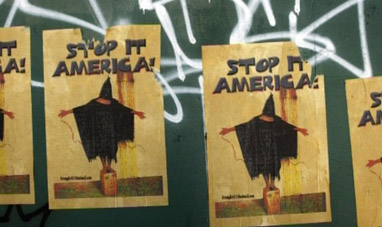

THE ABU GHRAIB SCANDAL
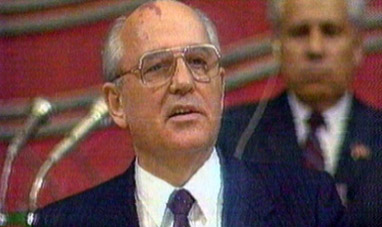

MIKHAIL GORBACHEV
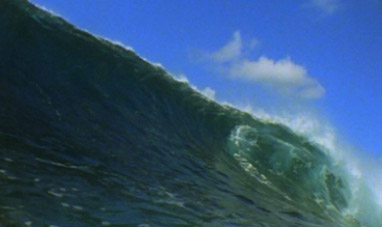

ASIAN TSUNAMI 2004


THE WALL STREET CRASH OF 1929
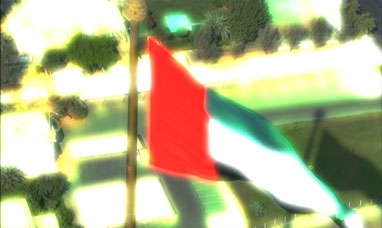

FOUNDING OF UNITED ARAB EMIRATES


THE RUSSIAN CAMPAIGN
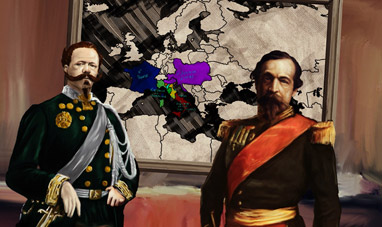

PLOMBIÈRES AGREEMENTS
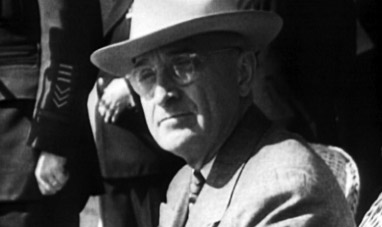

HARRY TRUMAN
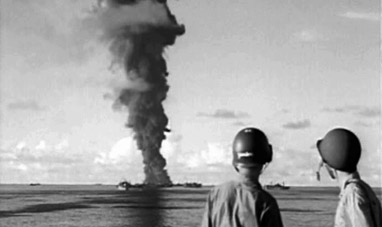

THE OUTBREAK OF WORLD WAR II
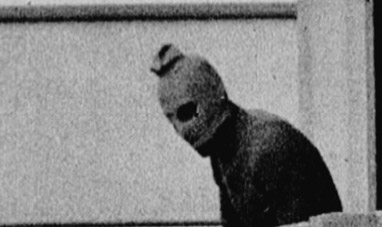

THE MUNICH MASSACRE
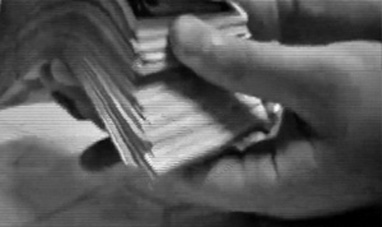

TANGENTOPOLI
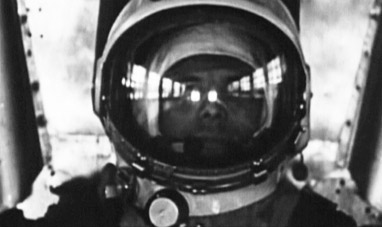

YURI GAGARIN


WORLD WAR II
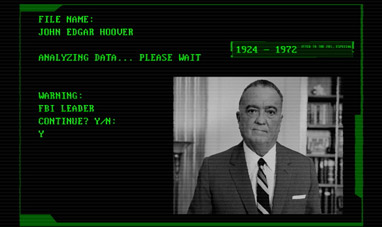

JOHN EDGAR HOOVER
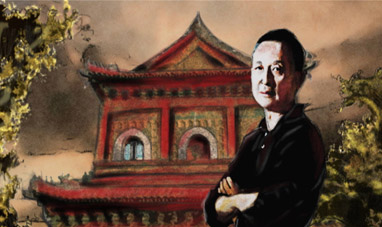

GAO XINGJIAN


SECOND ITALIAN WAR OF INDEPENDENCE
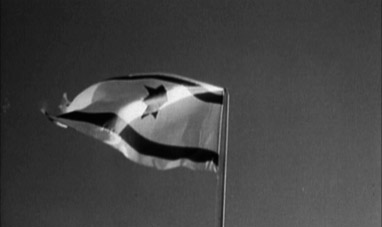

THE BIRTH OF ISRAEL
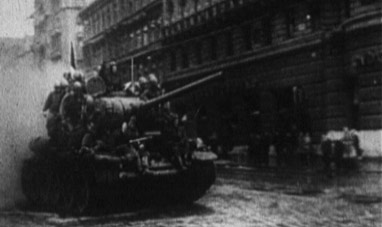

THE HUNGARIAN REVOLUTION OF 1956
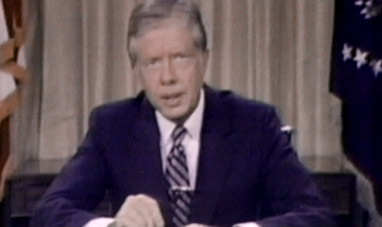

JIMMY CARTER
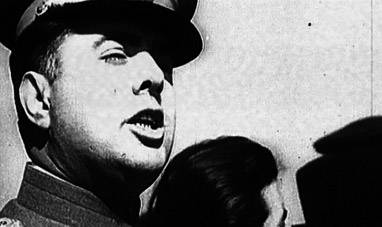

ENVER HOXHA
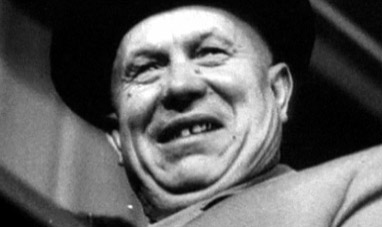

NIKITA KHRUSHCHEV
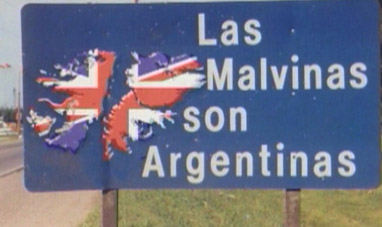

THE FALKLANDS WAR


NORMANDY LANDINGS
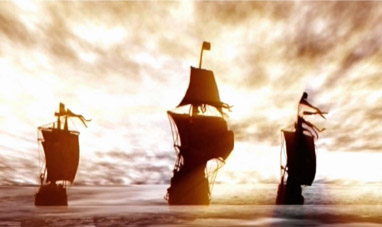

DISCOVERY OF AMERICA, THE
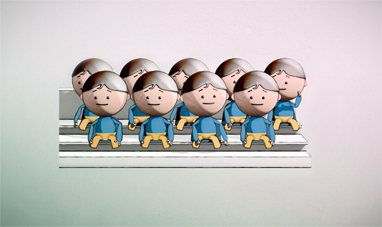

STADIUMS
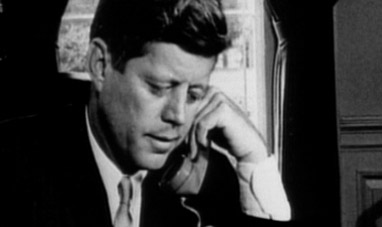

JOHN FITZGERALD KENNEDY
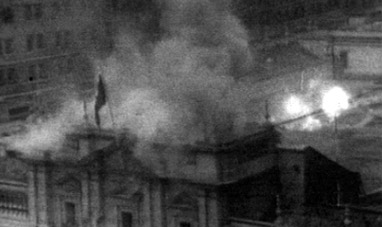

THE 1973 CHILEAN COUP
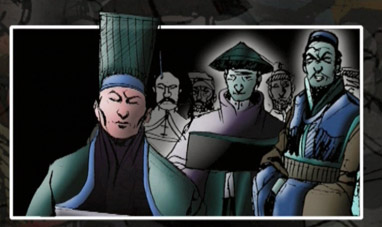

EARLY CHINESE DYNASTIES
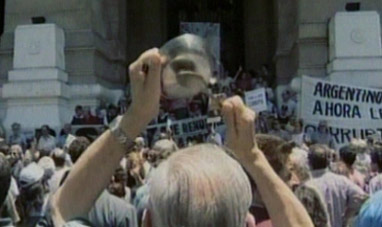

THE 2001 ARGENTINE ECONOMIC CRISIS
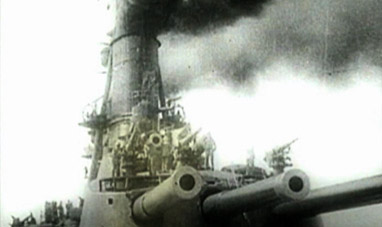

THE OUTBREAK OF WORLD WAR I
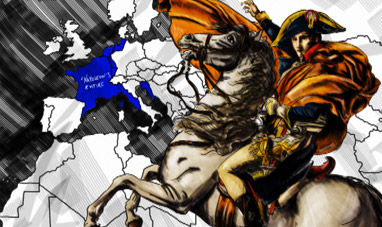

THE BATTLE OF AUSTERLITZ
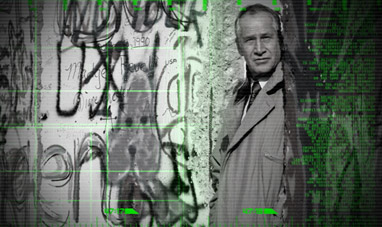

MARKUS WOLF


WORLD WAR I
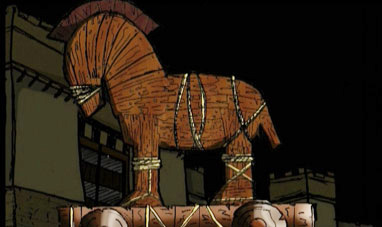

THE TROJAN WAR
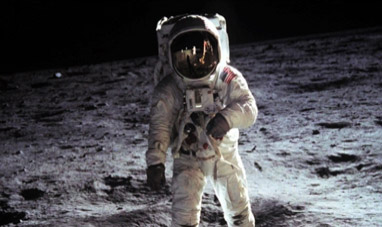

NEIL ARMSTRONG
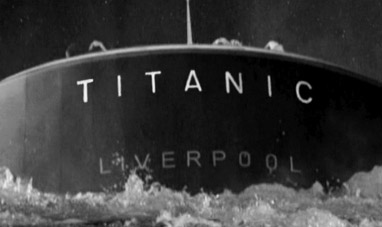

THE SINKING OF THE TITANIC
